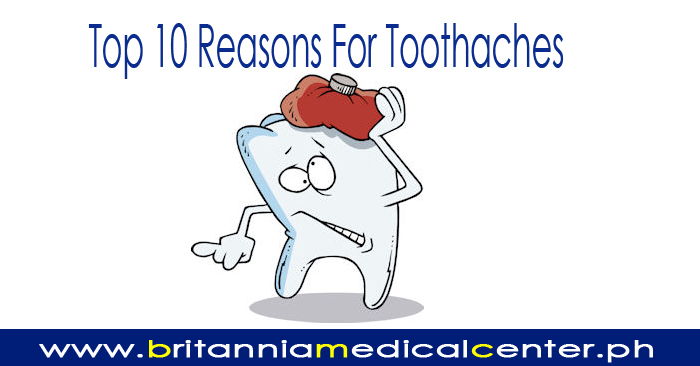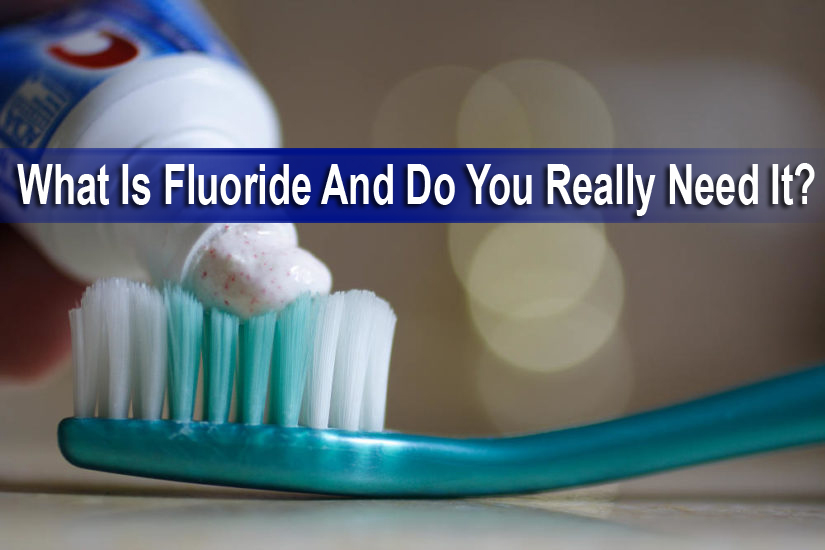Pneumonia, the number one killer in infants
Pneumonia is a type of lung infection that can be caused by bacteria or viruses. Babies most often experience symptoms of pneumonia caused by a viral infection.
Here are the symptoms of pneumonia in infants requiring immediate medical attention from our doctor.
Coughing or snoring sound
Unlike children and adults, infants with pneumonia usually show no symptoms of chronic cough depending on the type of infection. In contrast, infants with lung infections symptoms experience recurrent dry cough and gradually less congested
Unlike children and adults, infants with pneumonia usually show no symptoms of chronic cough depending on the type of infection. In contrast, infants with lung infections symptoms experience recurrent dry cough and gradually less congested
Fever
Fever can occur in infants with pneumonia. Symptoms of fever may be accompanied by sweating, chills or headaches. Generally, the symptoms of a fever in infants with pneumonia exceeds degrees Celsius. Infants who experience symptoms of fever should be examined by a doctor because these symptoms could be a sign of a serious medical problem.
Fever can occur in infants with pneumonia. Symptoms of fever may be accompanied by sweating, chills or headaches. Generally, the symptoms of a fever in infants with pneumonia exceeds degrees Celsius. Infants who experience symptoms of fever should be examined by a doctor because these symptoms could be a sign of a serious medical problem.
Difficulty in breathing
Breathing difficulties can occur in infants who has pneumonia. A baby with a lung infection starts sneezing or breathing rapidly. Parents should begin to pay attention to the muscles of the baby’s ribs when they breathe. Infants who develop difficulty breathing due to pneumonia requiring immediate medical attention from a doctor.
Breathing difficulties can occur in infants who has pneumonia. A baby with a lung infection starts sneezing or breathing rapidly. Parents should begin to pay attention to the muscles of the baby’s ribs when they breathe. Infants who develop difficulty breathing due to pneumonia requiring immediate medical attention from a doctor.
Abdominal pain and low levels of appetite
Pneumonia can cause symptoms of abdominal pain, such as nausea or vomiting. If this happens, the baby usually do not want to eat or have a decreased appetite. Infants with pneumonia may also develop symptoms of diarrhea due to infection. Infants who experience vomiting or persistent diarrhea should be immediately taken to a doctor because these symptoms could increase the baby’s risk of dehydration.
Pneumonia can cause symptoms of abdominal pain, such as nausea or vomiting. If this happens, the baby usually do not want to eat or have a decreased appetite. Infants with pneumonia may also develop symptoms of diarrhea due to infection. Infants who experience vomiting or persistent diarrhea should be immediately taken to a doctor because these symptoms could increase the baby’s risk of dehydration.
Easy to be fussy
Infants with pneumonia becomes easy to be cranky as a result of the infection. Pneumonia makes them feel uncomfortable, causing the baby cries a lot or have trouble sleeping.
Infants with pneumonia becomes easy to be cranky as a result of the infection. Pneumonia makes them feel uncomfortable, causing the baby cries a lot or have trouble sleeping.
If you find the above symptoms in your baby, consult a physician. Rapid medical intervention can facilitate the healing process of your baby.
Make an appointment by
calling 0925-567-5329 • 0908-865-5662 • 0917-566-1932 • 458-0717 and
schedule a consultation today.
Visit us at BRITANNIA MEDICAL CENTER - The Enclave
Enclave Complex, Fil-Am Friendship Road, Angeles City.
britanniamed@gmail.com || www.britanniamedicalcenter.ph || britanniamedicalcenter.blogspot.com
Visit us at BRITANNIA MEDICAL CENTER - The Enclave
Enclave Complex, Fil-Am Friendship Road, Angeles City.
britanniamed@gmail.com || www.britanniamedicalcenter.ph || britanniamedicalcenter.blogspot.com






